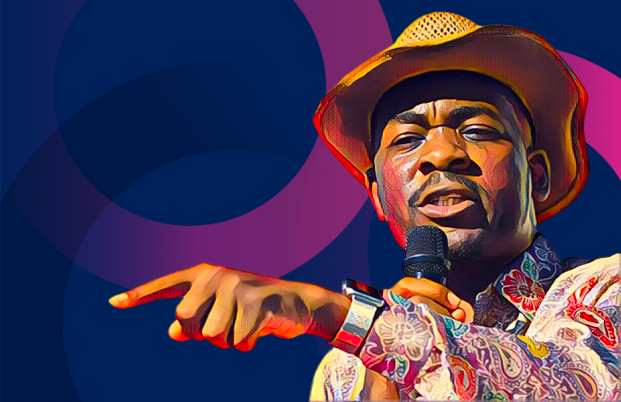Opposition leader Nelson Chamisa has launched a scathing critique against Zimbabwe’s political trajectory, characterizing it as morphing into a “family state” under President Emmerson Mnangagwa’s leadership. The verbal assault comes amid escalating tensions ahead of the country’s upcoming elections.
Chamisa, the leader of the Movement for Democratic Change Alliance (MDC-A), directly targeted Mnangagwa and his administration, accusing them of consolidating power within their own family circles to the detriment of democratic principles. In a pointed critique, Chamisa asserted that Zimbabwe was devolving into a dynastic rule akin to monarchies, with power being concentrated within a select few rather than being democratically distributed.
The opposition leader’s remarks have ignited a fresh wave of debate and scrutiny over Zimbabwe’s political landscape, which has long been marred by allegations of corruption, authoritarianism, and human rights abuses. Critics argue that Mnangagwa’s administration has failed to deliver on its promises of ushering in a new era of transparency and accountability, instead perpetuating a system of patronage and nepotism.
Chamisa’s assertion of Zimbabwe becoming a “family state” underscores broader concerns about the entrenchment of political dynasties across the African continent. In recent years, several countries have witnessed the rise of ruling families exerting disproportionate influence over state affairs, raising questions about the health of democracy and the prevalence of political pluralism.
Amidst mounting criticism, Mnangagwa’s government has vehemently denied allegations of dynastic ambitions, emphasizing its commitment to upholding democratic values and fostering inclusive governance. However, skeptics remain unconvinced, pointing to the growing influence wielded by Mnangagwa’s relatives within key sectors of the economy and government.
The upcoming elections in Zimbabwe are poised to be a pivotal moment in the country’s political trajectory, with observers closely monitoring developments for signs of electoral integrity and democratic progress. Against a backdrop of heightened political tension and economic uncertainty, the stakes are high for both the ruling party and the opposition as they vie for control of Zimbabwe’s future.
Despite the challenges ahead, there remains a glimmer of hope for Zimbabwe’s political landscape. Civil society organizations, grassroots movements, and ordinary citizens continue to mobilize for change, demanding accountability, transparency, and respect for democratic norms. As the nation stands at a crossroads, the choices made in the coming months will shape Zimbabwe’s destiny for years to come.
Source: New Zimbabwe


